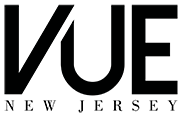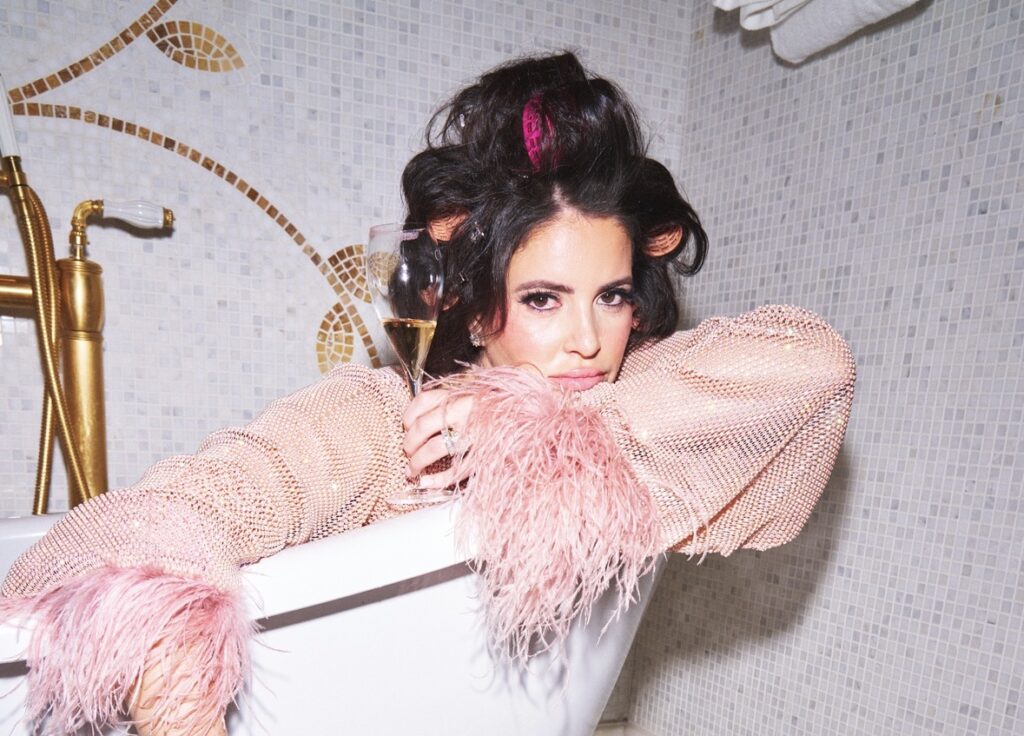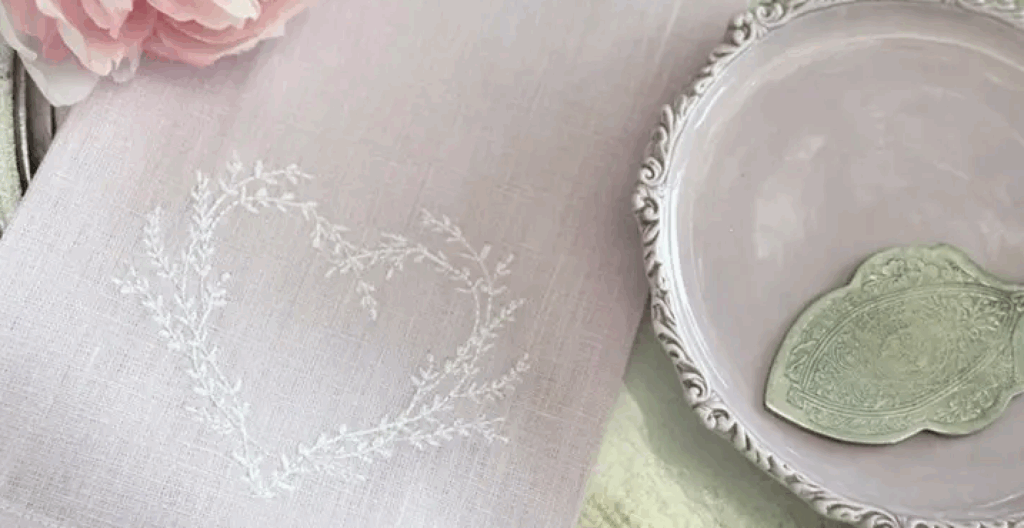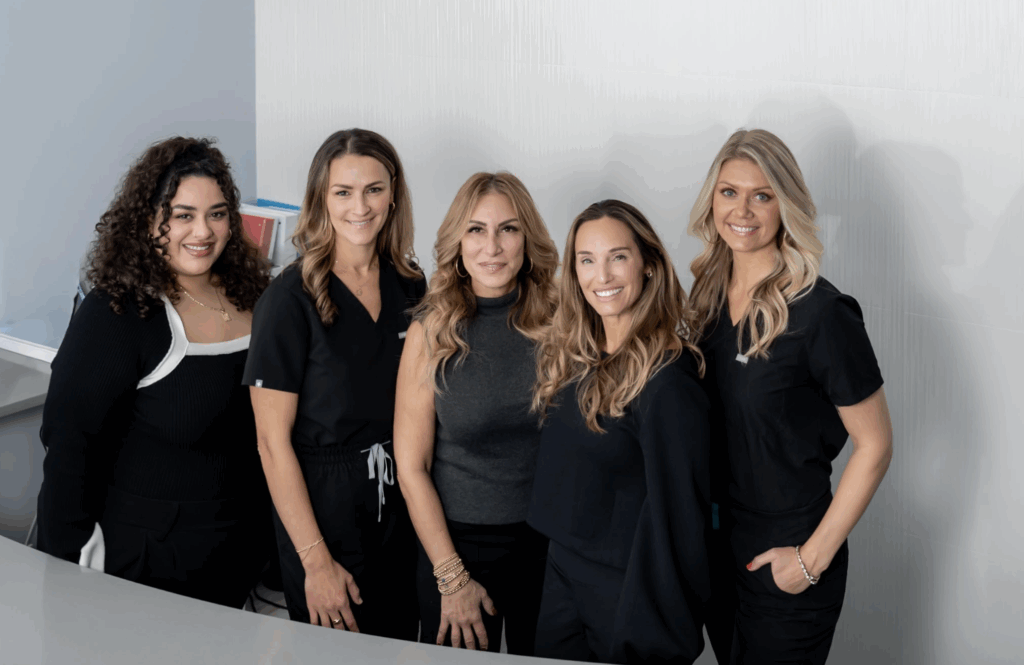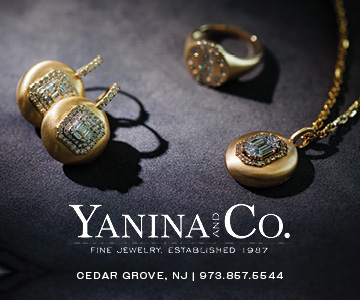Just like the labels on our food, trying to decode the ingredient list on most of the beauty and skincare products we use today is oftentimes more confusing than reassuring. If you can’t tell your parabens from your peptides, who’s to say what’s a toxic additive and what’s going to work wonders? If “clean eating” was the pioneer in getting us to put less processed, non-harmful products into our bodies — then “clean beauty” is the new standard for what we’re using on our bodies.
When we say “clean,” it refers to any product (haircare, skincare, nailcare) that is certifiably non-toxic and made with your safety and the environment in mind. Not to be mistaken with products that are considered all-natural. To put it simply, your shampoo shouldn’t share the same ingredient list with insecticide (sodium lauryl sulfate) and your moisturizer with antifreeze (propylene glycol). Using products that contain components such as these have been linked to more than just skin irritations, with some cases resulting in cancer and altered hormone levels.
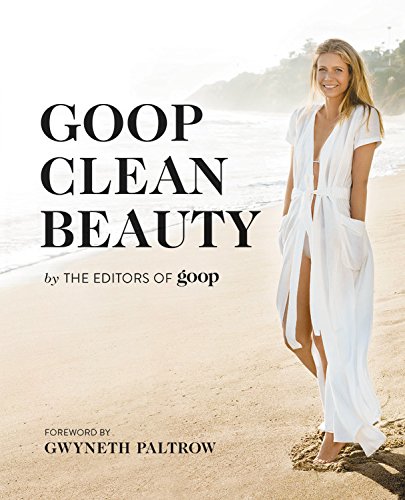
One of the early adopters of the clean beauty movement was Gwyneth Paltrow’s lifestyle brand, goop. After releasing a book back in 2016 entitled “Goop Clean Beauty,” their goal was to draw attention to the lack of regulations that pervades the personal care industry. This includes misrepresentations in marketing where brands are able to label their products with terms like “green, organic or eco.” Where the truth really lies is in the ingredient list on the back—and if you can’t pronounce it or safely ingest it, it belongs back on the shelf.
Why this has become such a prevalent trend throughout 2018 is because more brands are cleaning up their act by adopting this new methodology. That doesn’t just mean removing any potentially harmful additives, but completely changing their original formulas. Both Neutrogena Naturals and Garnier have found great success since entering the market.
There are also companies out there who have been down with clean beauty since day one, including Milk Makeup co-founded by fashion editor Zanna Roberts Rossi. All of their products are cruelty-free, paraben-free and 100 percent vegan but don’t compromise quality for sustainability. While they don’t necessarily label themselves as a natural brand, they do believe that all of their products are actually good for you.
For those conscious consumers interested in buying into the clean beauty movement (and want something a little more luxe than Burt’s Bees), Barney’s New York recently announced that they’ll be installing a new suite—one that’s solely dedicated to clean skincare and nutricosmetics. A few brands such as Rahua, Davines and True Botanicals are already on board for the launch and Barney’s will be hosting a series of educational events to help customers understand the products and meet their founders. While clean beauty might be the industry’s next big thing, it is also holds weight in both the political and health sectors with big changes on the horizon.
